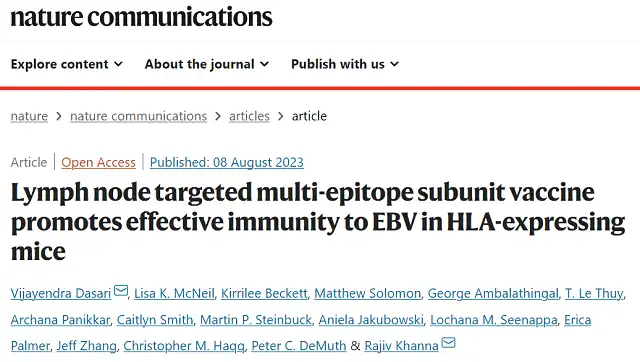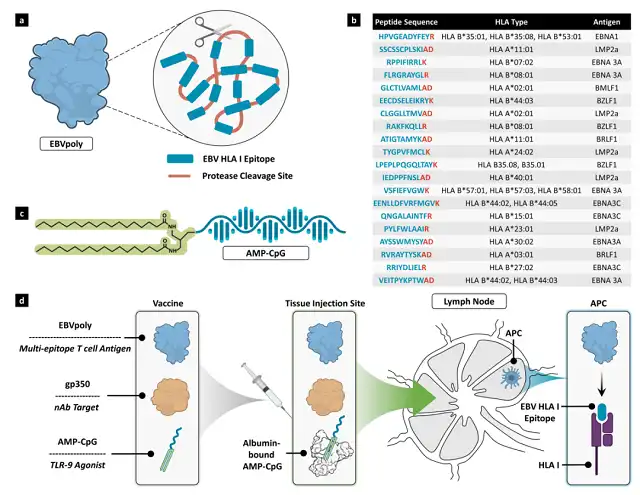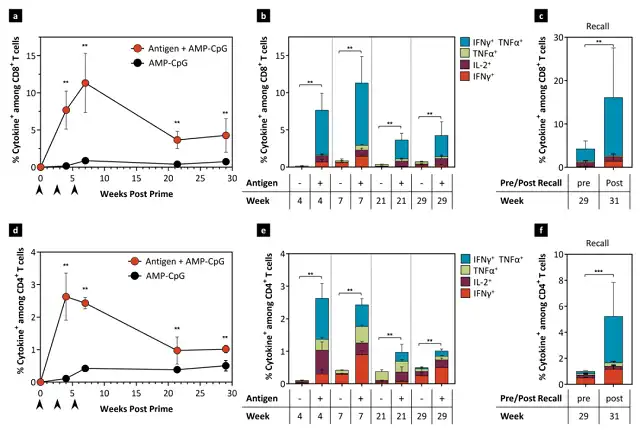EBV: 95% infection can cause terminal illness and many types of cancer
- EB Virus Could Be Infected by Kiss: A Hidden Threat Linked to Cancer
- The Silent Threat: How Gas Stoves Pollute Our Homes and Impact Health
- Paternal Microbiome Perturbations Impact Offspring Fitness
- New Report Casts Doubt on Maradona’s Cause of Death and Rocks Manslaughter Case
- Chinese academician unable to provide the exact source of liver transplants
- Early Biomarker for Multiple Sclerosis Development Identified Years in Advance
The effective vaccine against EBV may come soon
- AstraZeneca Admits for the First Time that its COVID Vaccine Has Blood Clot Side Effects
- Was COVID virus leaked from the Chinese WIV lab?
- HIV Cure Research: New Study Links Viral DNA Levels to Spontaneous Control
- FDA has mandated a top-level black box warning for all marketed CAR-T therapies
- Can people with high blood pressure eat peanuts?
- What is the difference between dopamine and dobutamine?
- How long can the patient live after heart stent surgery?
95% infection can cause terminal illness and many types of cancer. The effective vaccine against EBV may come soon.
Epstein Barr Virus (EBV) belongs to the herpes virus family, can be transmitted through saliva, and is known to have infected at least 95% of the adult population worldwide.
Primary Epstein-Barr virus infection can lead to glandular fever, but unlike other viruses, EBV will not be cleared by the immune system after primary infection, but will be carried for life .
EBV infection is also a risk factor for multiple sclerosis, Hodgkin’s lymphoma, and some cancers of the throat and nose. However, EBV vaccine candidates that have previously been evaluated in human and animal models have performed poorly, and currently no vaccines have shown efficacy or been approved.
On August 8, 2023, researchers from the Berghofer Institute for Medical Research in Australia published a research paper entitled: Lymph node targeted multi-epitope subunit vaccine promotes effective immunity to EBV in HLA-expressing mice in the journal Nature Communications .
The study shows that a new Epstein-Barr virus vaccine candidate has shown potential in mice . At present, there is no approved vaccine for this widespread virus, and there is an urgent global need to develop a new EBV vaccine.

The research team designed a vaccine that targets the lymph nodes and tested its efficacy in a mouse model.

They found that vaccination produced potent Epstein-Barr virus-specific antibodies and T cells that were maintained in this mouse model for at least seven months after vaccination.

Importantly, the study also demonstrated that the vaccine mobilized immunity in a mouse model of lymphoma to control the spread of Epstein-Barr virus-associated tumors and control tumor growth.
Further studies are needed to determine the efficacy of the vaccine in primary infection, how the results here translate to the human population, and the long-term stability of vaccine-induced immunity.
Paper link :
https://www.nature.com/articles/s41467-023-39770-1
95% infection can cause terminal illness and many types of cancer. The effective vaccine against EBV may come soon.
(source:internet, reference only)
Disclaimer of medicaltrend.org
Important Note: The information provided is for informational purposes only and should not be considered as medical advice.



